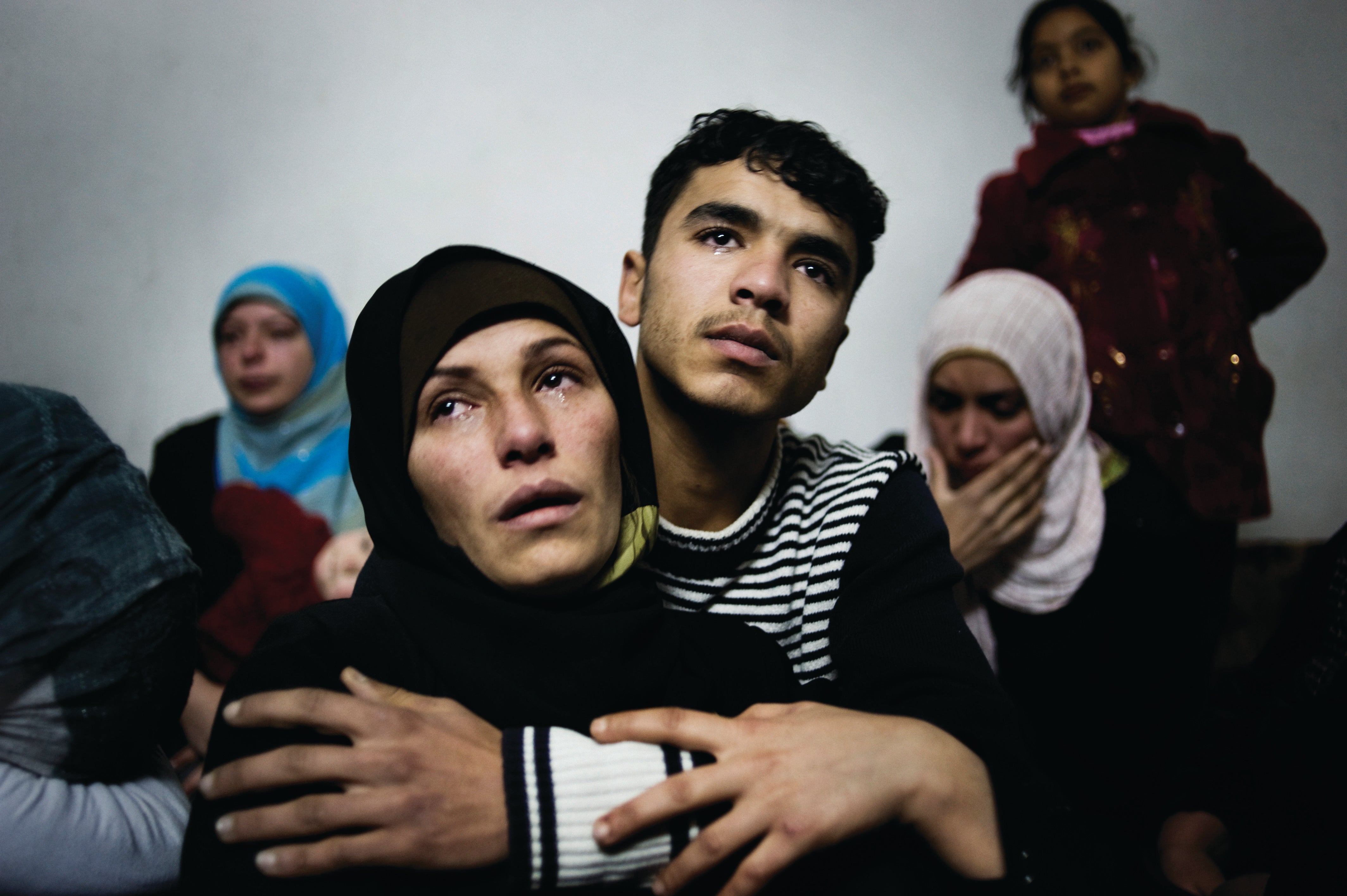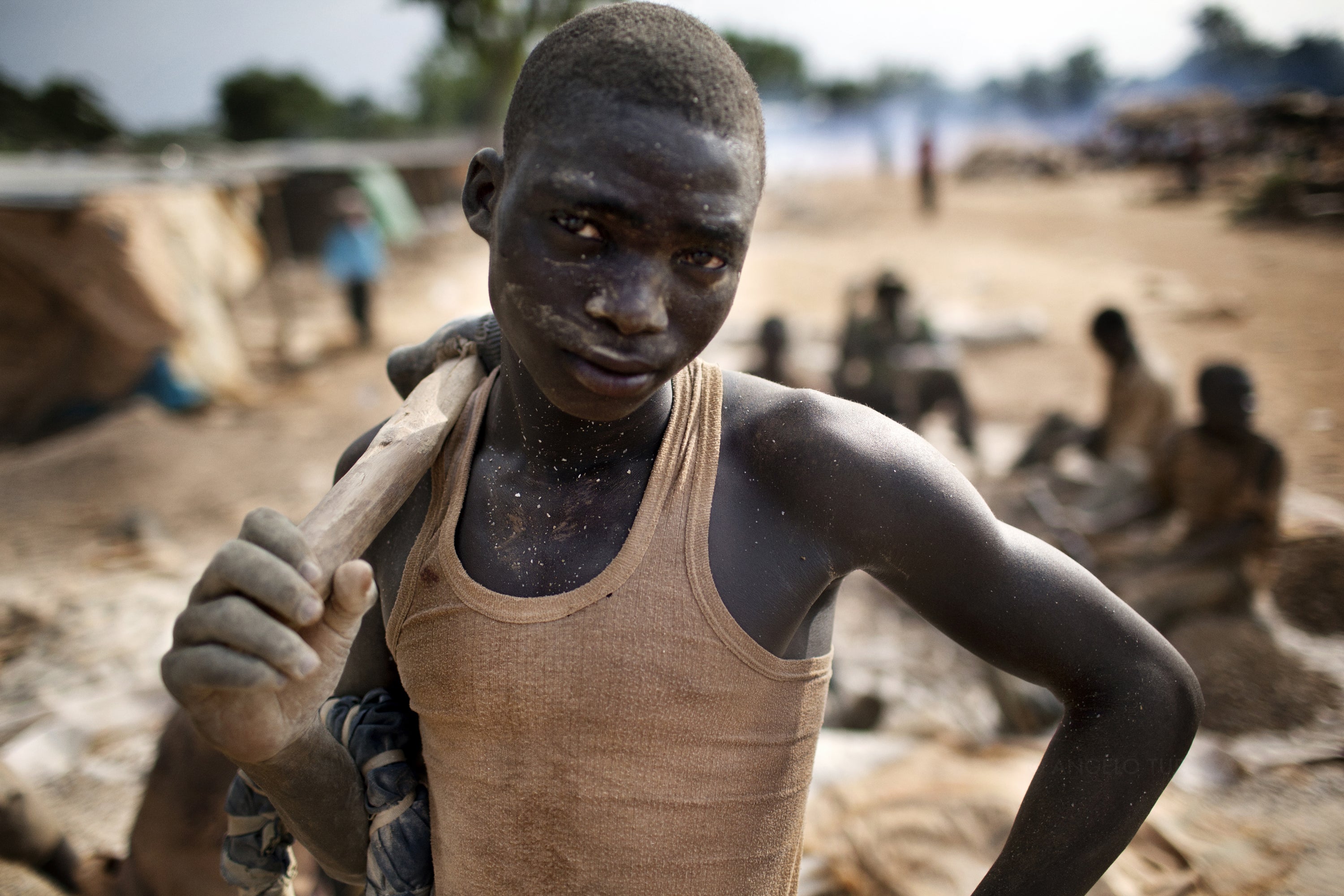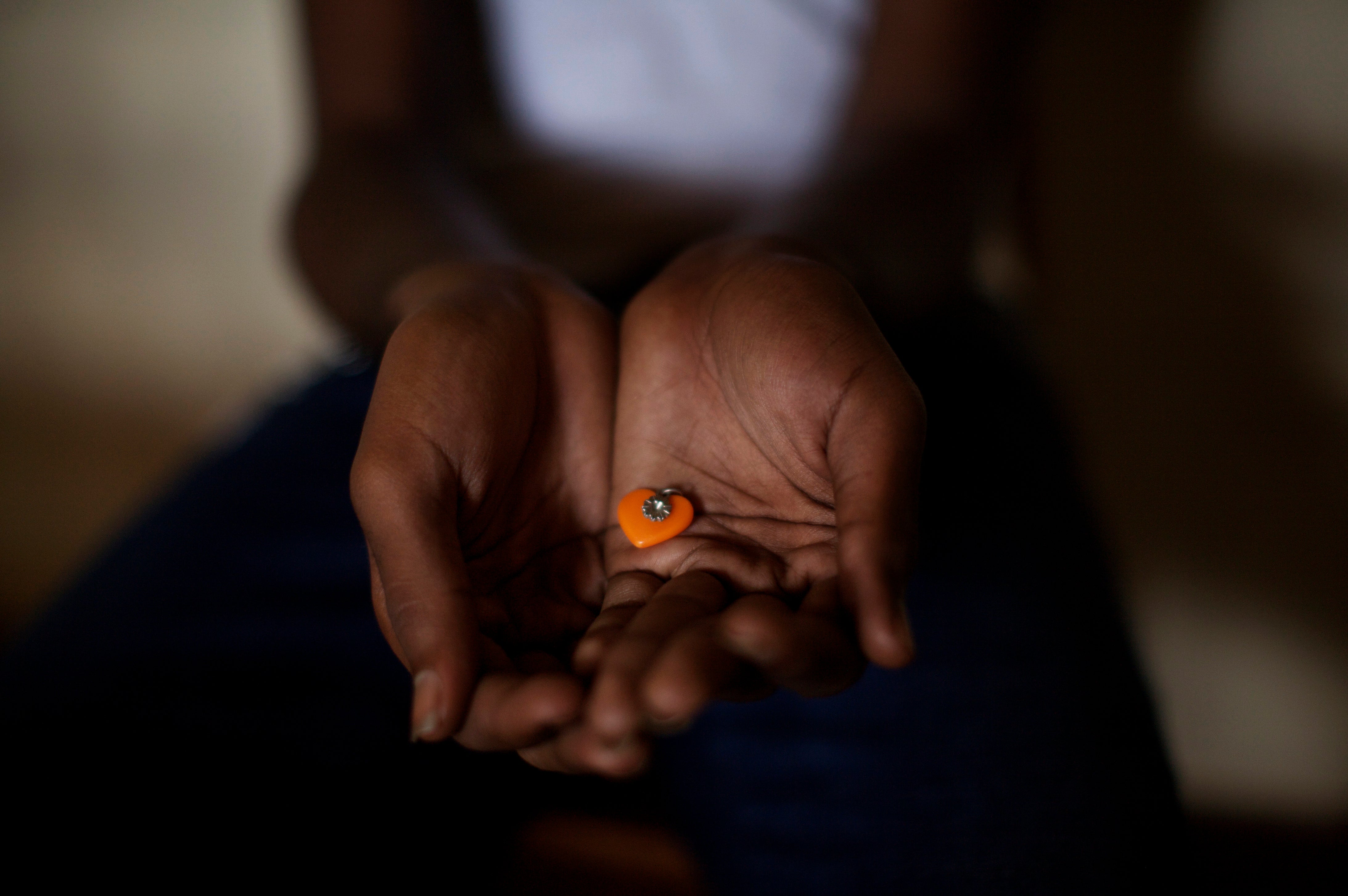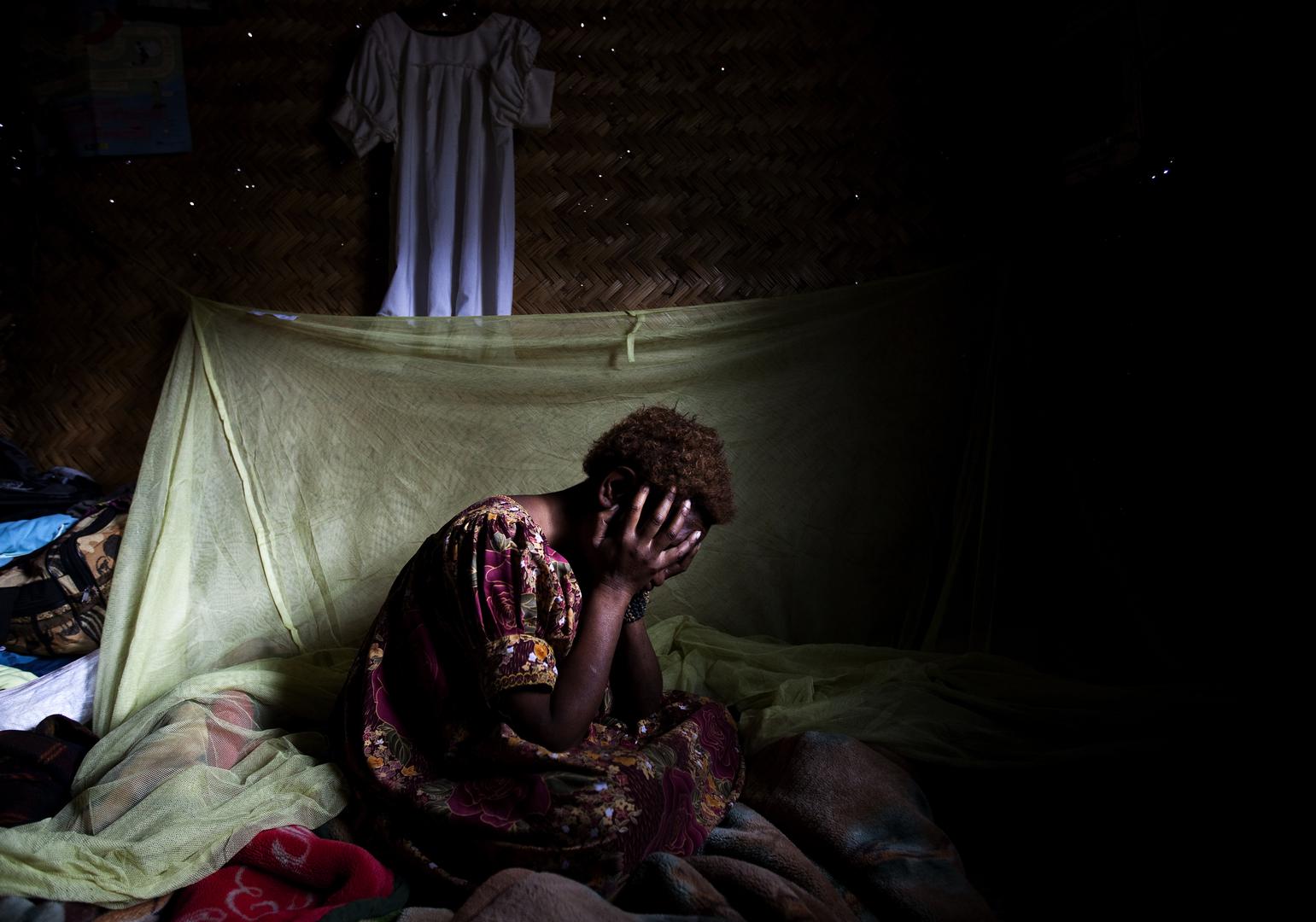Judicial investigations and adjudication of human rights cases are subject to long delays that continued to hinder accountability in 2012. The fate of scores who “disappeared” before democracy was reestablished in 1982 has still not been clarified, and most perpetrators of disappearances and extrajudicial executions have escaped justice. The insistence of military courts on trying military accused of abuses has continued to obstruct justice in the case of an army recruit killed in suspicious circumstances during a training exercise in 2011.
In 2012, government officials used legislation that prohibits the expression of racist ideas in the media to seek criminal charges against private media and journalists because of reporting to which they objected.
Accountability for Abuses
Long delays in the conduct of trials continue to obstruct justice for human rights violations under earlier governments. The only notable advance in recent years was the sentencing in August 2011 of five generals to 10 to 15 years imprisonment each for killing at least 60 people during anti-government protests in September and October 2003, when the army used lethal force to quell violent demonstrations in the highland city of El Alto. Two members of former President Gonzalo Sánchez de Lozada’s cabinet received three-year suspended sentences for their part in the events, often referred to as “Black October.”
The armed forces have failed to turn over files that might clarify the fate or whereabouts of people who were killed or “disappeared” before democracy was restored in 1982. In July 2012, in response to protestors who were demanding that files from the government of Luis García Meza (1980-1981) be declassified, Vice President Alvaro García stated that only one filing cabinet had been found and the rest had been stolen “years ago.”
In April 2012, Congress approved a law reducing the compensation to be paid to victims of political violence and their relatives that had been provided for under legislation dating from 2004. Many alleged that they were denied access to compensation because they had to produce documentary evidence to support their claims, such as medical proof of torture, death certificates, and other documents.
Trials of opposition leaders, local government officials, and others accused of killings during violent clashes between supporters and opponents of President Evo Morales in 2008 have been subject to long delays. For example, as of September 2012, a La Paz court was still hearing evidence against eight defendants in connection with a September 2008 massacre in Porvenir, Pando department, in which 13 people were killed. The proceedings were subject to numerous suspensions.
The former prefect of Pando department, Leopoldo Fernández, who was indicted in October 2009 on charges of homicide, terrorism, and conspiracy in the Porvenir case, had been held in pre-trial detention for four years in a maximum security prison, a year more than the maximum that Bolivian law allows. Justice officials, witnesses, and victims in the case have reported receiving threats or “undue pressures,” according to the United Nations Office of the High Commissioner for Human Rights (OHCHR).
Military Jurisdiction
The military justice system’s assertion of jurisdiction over human rights abuses committed by armed forces members has been an obstacle to accountability for many years. Such courts lack essential guarantees of independence and impartiality, and their continuing jurisdiction in such cases is inconsistent with rulings of the Inter-American Court of Human Rights (IACtHR). Competition between civilian and military courts creates additional delays in judicial investigations.
There has been little progress in the investigation of the death in February 2011 of a 26-year-old conscript, Gróver Poma, following a hand-to-hand combat training exercise—allegedly after instructors beat him on the head and chest. The military disregarded the ombudsman’s requests to hand the case to a civilian court, as well as a Senate resolution recommending it to do so.
In April 2012, an official from the human rights ombudsman’s office alleged that the military had not cooperated in detaining three suspects who were fugitives from justice. The civilian court submitted the jurisdictional dispute to the Constitutional Court, which by November had not issued a ruling. In another case involving the torture of a military recruit in September 2009, the army turned the suspects over to a civilian court only at President Morales’ insistence.
Freedom of Expression
Under a law against racism and other forms of discrimination passed in October 2010 (Law 045), media that "endorse or publish racist or discriminatory ideas" can be fined and have their broadcasting licenses suspended. Journalists “spreading ideas based on racial superiority or hatred” could face up to five years in prison.
In August 2012, the government filed a criminal complaint under the anti-racism law against the Fides News Agency (ANF) and the Página Siete and El Diario newspapers, objecting to their coverage of a speech by Morales about food shortages. Morales had remarked that in the east—the lowland part of Bolivia that enjoys a warm climate favorable to agriculture—only “laziness” could explain people going hungry.
His remarks provoked an angry reaction from authorities in the eastern city of Santa Cruz, traditionally opponents of the Morales administration. The government accused the three media outlets of disseminating and inciting racism by asserting in their headlines that Morales had accused people from eastern Bolivia of being lazy. As of November, a prosecutor continued to investigate the charge, which could carry a penalty of up to four years’ imprisonment.
In July 2012, the mayor of Oruro, a highland city that hosts a popular religious carnival, filed a criminal complaint of inciting racism against TV presenter Milena Fernández for calling the city “fetid” in a program on tourism for the Red PAT television network. Fernández was criticizing the sanitary facilities of the city, which receives thousands of visitors every year. Although she publicly apologized, a prosecutor was still investigating the complaint against her in November.
In October 2012, the Constitutional Tribunal declared that Bolivia’s desacato provisions–under which insulting state officials is a criminal offense punishable by up to three years imprisonment—violated freedom of expression guarantees in the constitution. The court’s president stated that the ruling was binding and that legislation to eliminate the provisions from the criminal code was therefore unnecessary. Several public figures were facing desacato charges at the time for insulting officials.
Key International Actors
Following a visit to Bolivia in September 2012, the UN special rapporteur on racism, Mutuma Ruteere, commended Bolivia’s achievements in passing legislation and creating institutions for combating racism. However, he noted that the judiciary should determine whether the application of the anti-racism law conflicts with Bolivia’s obligation to protect freedom of expression and opinion.
In September 2012, the United States government rejected a Bolivian request to extradite former President Gonzalo Sánchez de Lozada and two ministers of his administration to face trial on charges including genocide, homicide, and torture, for their alleged responsibility for the deaths and injuries during “Black October.”




